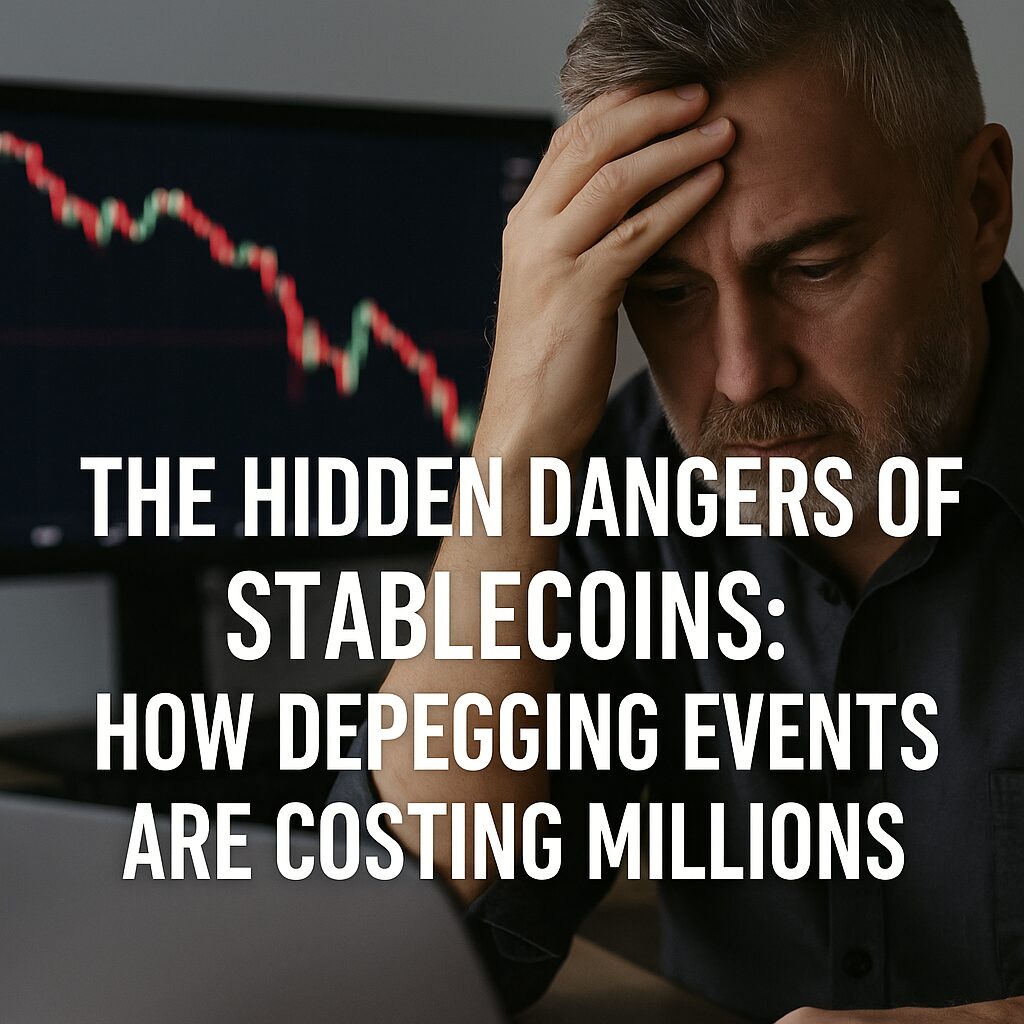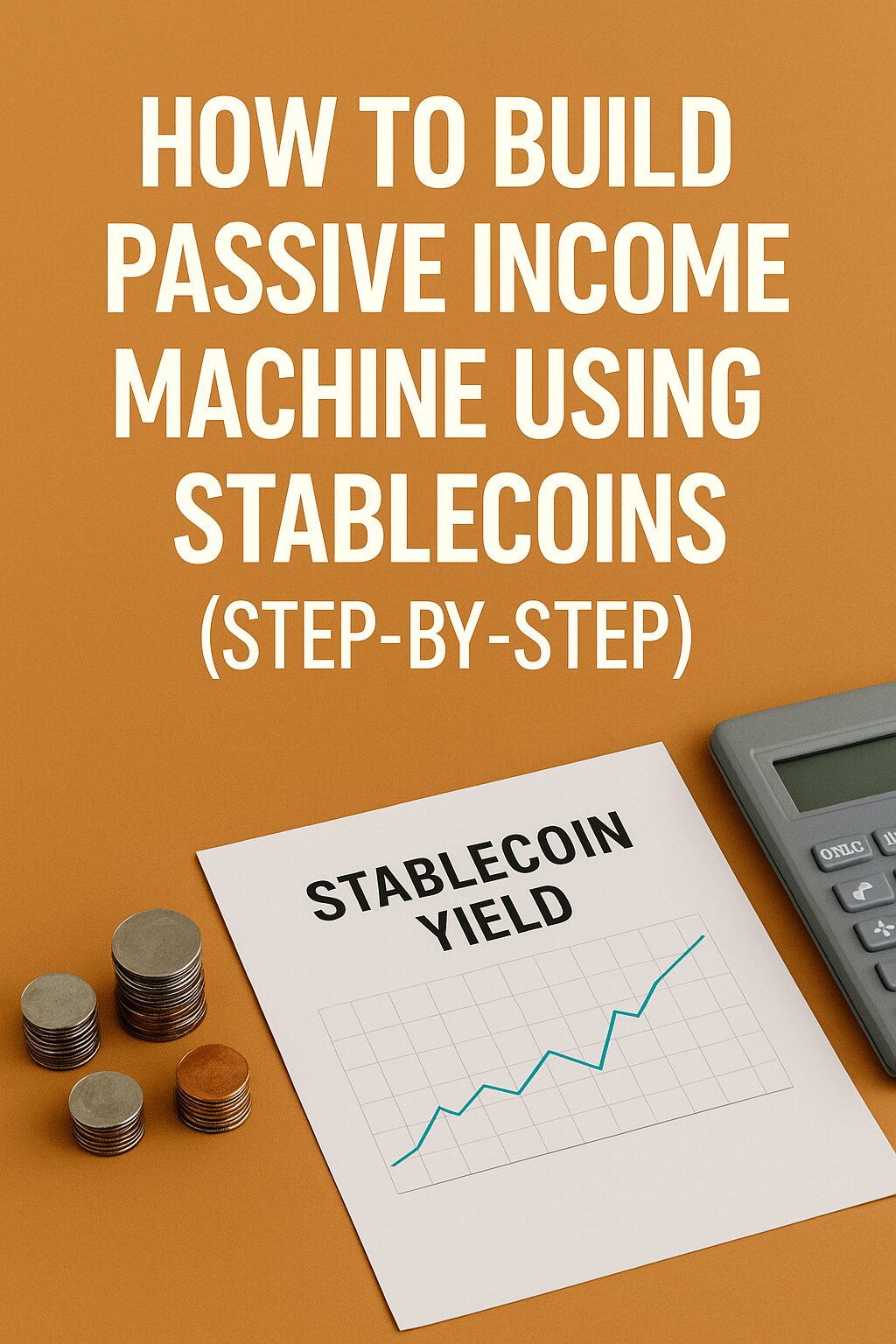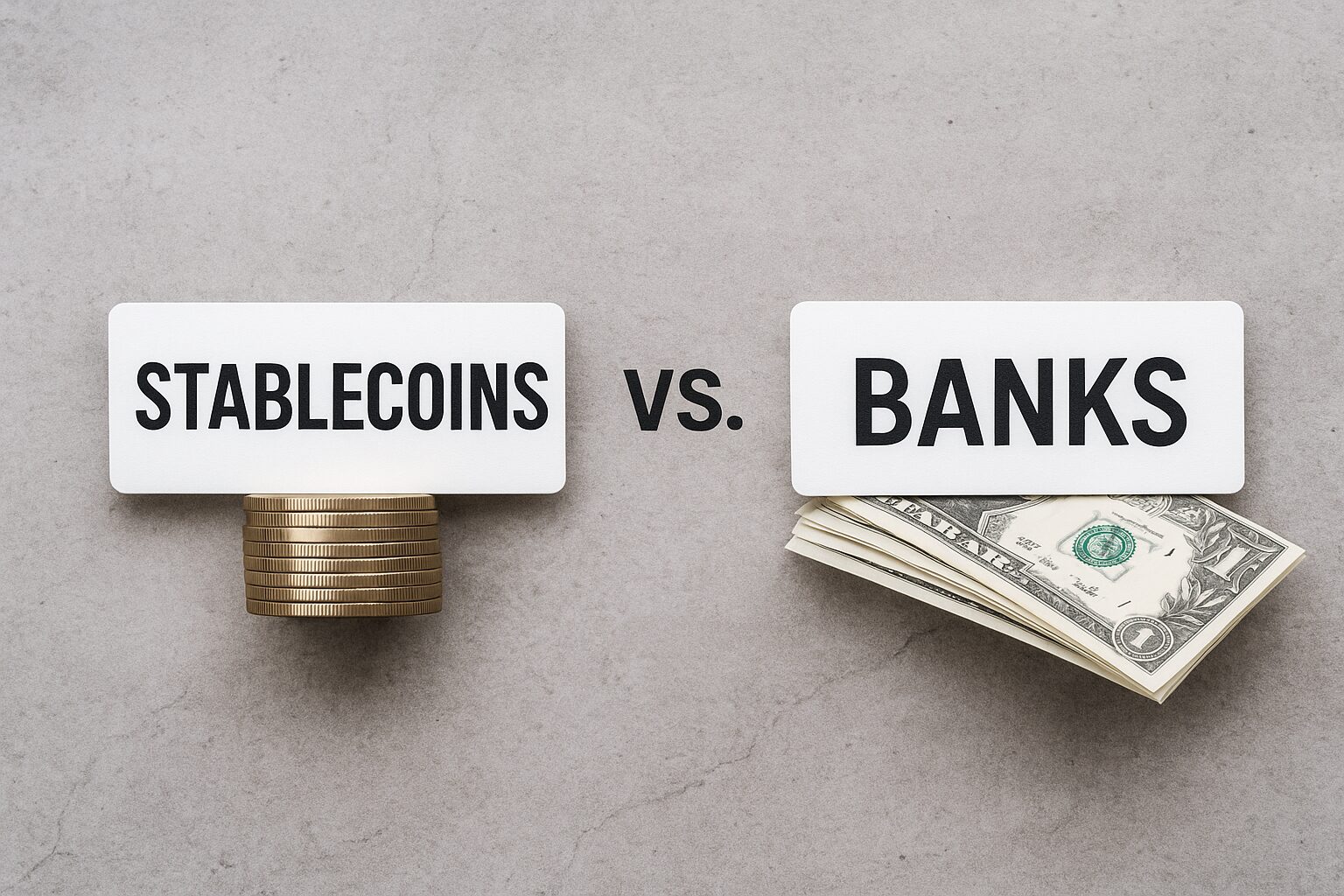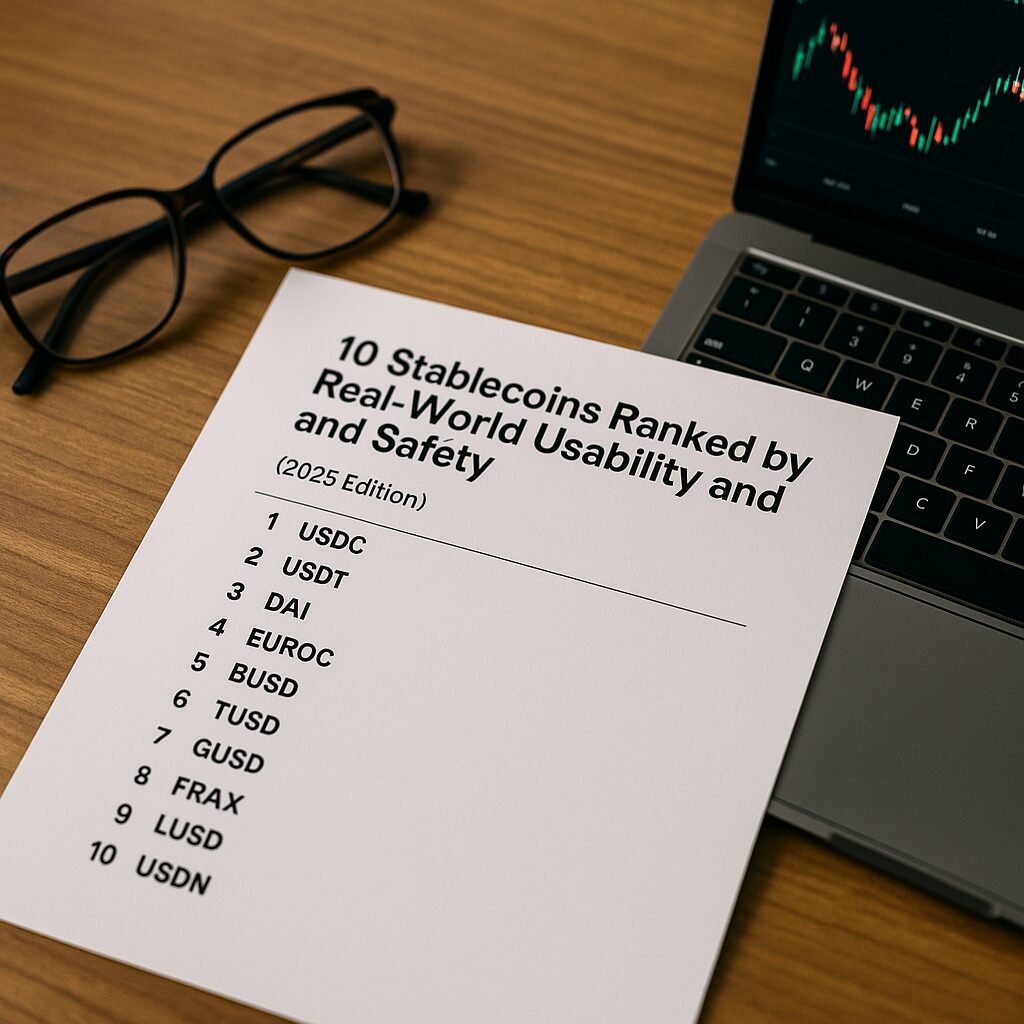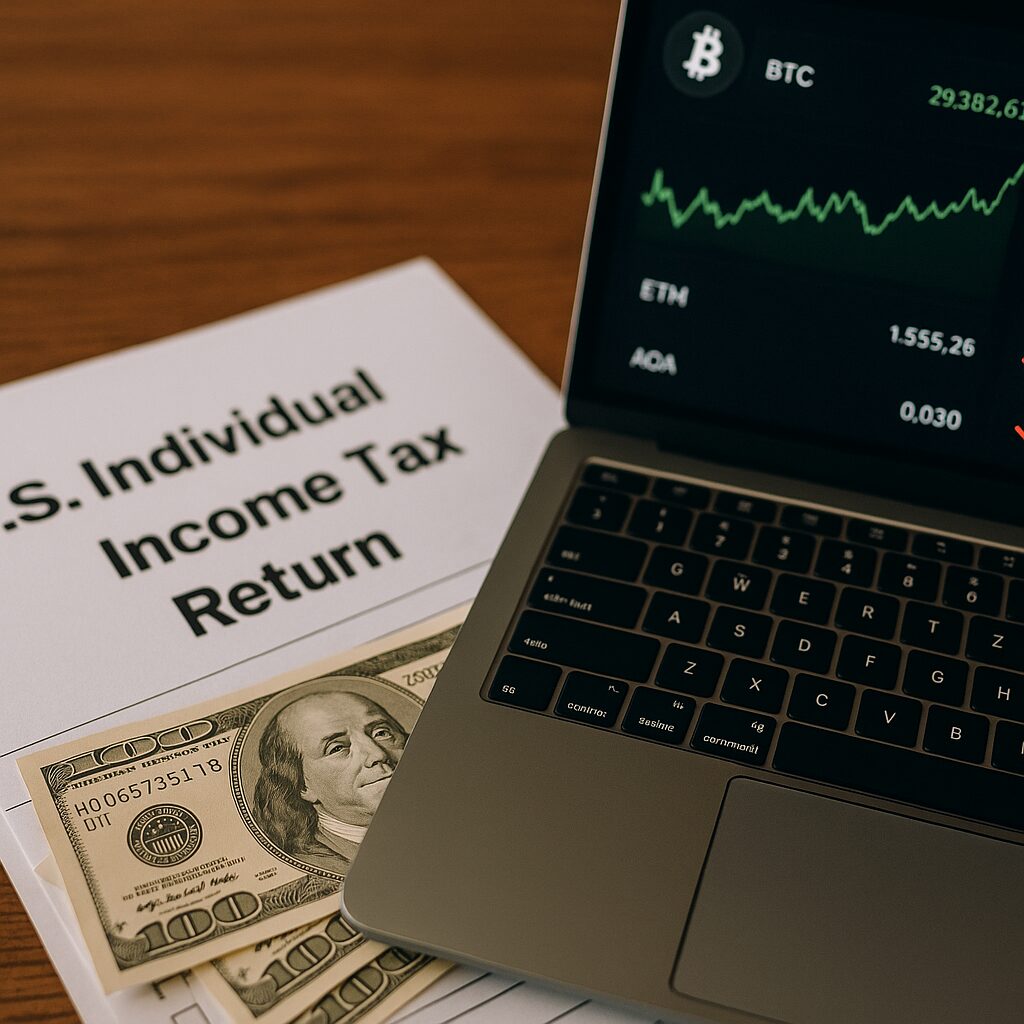The New Reality of Stablecoin Investing
In 2025, stablecoin investing is no longer about double-digit yield farming returns or speculative lending.
After a series of high-profile collapses, regulatory crackdowns, and DeFi protocol failures, investors are shifting
to safer, more sustainable ways to benefit from stablecoins. This guide explores practical, lower-risk strategies
to use stablecoins as a wealth-building tool—even without traditional yield farming or risky DeFi plays.
2. Why Yield Farming Has Lost Its Appeal
Yield farming was once the crown jewel of DeFi. Investors could stake stablecoins on decentralized platforms and earn
annualized returns of 10% or more. But the risks—impermanent loss, smart contract vulnerabilities, and rug pulls—often
outweighed the rewards. Today, collapsed platforms like Celsius and Anchor serve as cautionary tales. Regulatory pressure
has also made many of these yields disappear or migrate offshore.
3. Legal Challenges and Tax Traps in Interest-Based Stablecoin Income
Even when stablecoin yield is available, it often comes with legal strings attached. In many countries, earning interest
on crypto assets qualifies as taxable income. This creates tax reporting headaches and may push investors into higher
brackets. In the U.S., regulators are considering laws that would classify such yield as securities income. Legal gray
areas also increase the chance of retroactive enforcement.
4. Safe Platforms That Still Offer Yield (CeFi + DeFi)
While most high-risk DeFi platforms have vanished, a few trusted names remain. For example, Nexo and Ledn offer yield-bearing
accounts backed by insurance and over-collateralized lending. In the DeFi space, protocols like Aave and Compound are evolving
toward regulation-friendly models. These platforms offer modest yields (2–4%) but are far more stable than their predecessors.
Always check if the platform has undergone a smart contract audit and complies with your local laws.
5. Non-Yield Use Cases That Still Generate Value
Stablecoins don’t have to generate interest to be profitable. They can reduce friction in daily transactions, protect wealth
from inflation, and enable fast, low-cost transfers. For freelancers, stablecoins eliminate delays and fees associated with
international banking. For businesses, they allow near-instant settlement of cross-border payments, improving cash flow and
lowering costs.
6. Using Stablecoins for Arbitrage and Cross-Border Transactions
In many emerging markets, stablecoins trade at a premium due to demand. This opens up arbitrage opportunities for savvy
investors who can bridge exchanges or peer-to-peer marketplaces. Likewise, using stablecoins for remittances can yield
effective ‘returns’ by bypassing traditional remittance fees, which can be 5–10% or more. These hidden efficiencies are often overlooked.
7. How to Hedge Risk When Holding Stablecoins Long-Term
Even stablecoins carry risk—especially algorithmic ones or those with unclear reserves. Diversify holdings across USDC,
USDT, DAI, and others with proven track records. Use multisig wallets or hardware wallets for cold storage. Monitor real-time
proof-of-reserve audits where available. And consider stablecoins pegged to non-USD assets (e.g., EUR or gold-backed tokens)
to diversify currency risk.
8. Stablecoin Rewards from Credit Cards and Fintech Apps
Several crypto debit and credit cards now offer cashback in stablecoins. Platforms like Crypto.com, Uphold, and Plutus give
1–3% in USDC or similar tokens. This is a low-risk way to accumulate crypto without exposure to volatility. Some fintech apps
also offer stablecoin rewards for shopping, surveys, or staking fiat balances—often under promotional programs.
9. Real-World Business Use: B2B Payments, Freelancing, and Global Payroll
Startups and freelancers are embracing stablecoins for efficiency. Instead of dealing with SWIFT wires, delays, and FX fees,
companies are paying vendors and employees with USDC or USDT. Tools like Bitwage, Request Finance, and Deel integrate stablecoin
payments with payroll and invoicing. For global digital workers, this offers faster settlement and fewer barriers to receiving income.
10. Conclusion: Stablecoins as a Wealth Tool Beyond Yield
The golden age of passive yield may be over, but stablecoins still serve a vital role in wealth preservation and utility.
By focusing on speed, security, and flexibility, investors and users can still benefit tremendously from stablecoins—especially
when used with a smart, diversified strategy. As regulations evolve, staying informed and nimble will be key to leveraging
stablecoins without yield farming.



